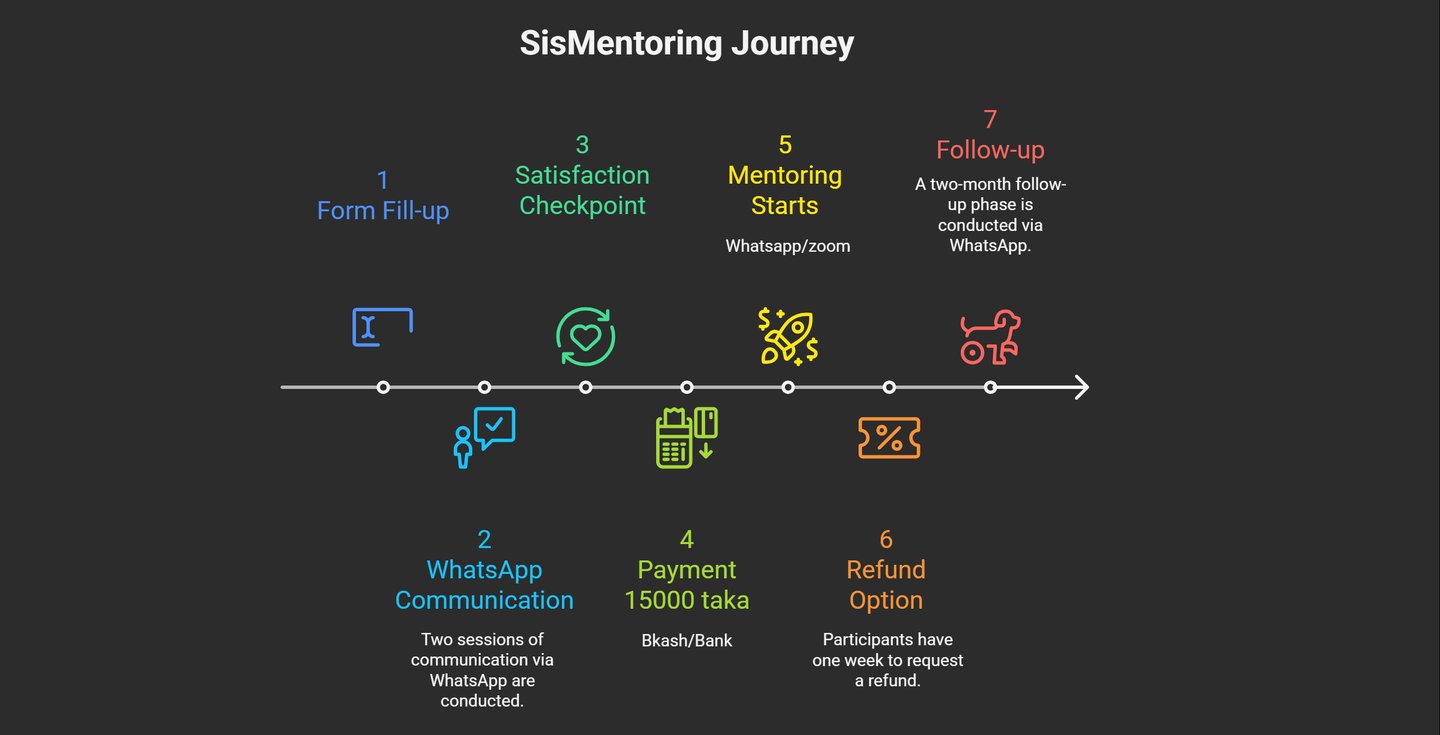
Yes—this mentoring approach based on active listening, problem identification, goal clarification, and solution-oriented guidance is not only effective but also backed by evidence from educational psychology and coaching sciences.
Juch like a doctor listens to a patient’s symptoms before diagnosing and prescribing treatment, a mentor must first listen deeply to understand a mentee’s challenges. While doctors treat the body, mentors nurture the mind and character.
1. Listening First: Discovering the Root Problem
According to Carl Rogers, the father of humanistic psychology, active listening is foundational to any transformative guidance process.
Mentoring is not about assumptions. A mentee’s struggle might seem academic, but the root could be emotional, environmental, or motivational.
By listening without judgment, the mentor builds trust—making it easier for the mentee to open up.
2.Identifying Goals: Clarifying Vision and Direction
Setting clear, meaningful goals gives the mentee direction. A 2021 Harvard Business Review article emphasizes that goal-setting increases motivation and performance by up to 25%.
When a mentor asks, “What do you want to become?” it empowers the mentee to reflect on their inner vision, not just external expectations.
3. Analyzing the Gap-- Problem vs. Purpose
Once the problem and the goal are known, the mentor helps the mentee analyze whether their current struggles block the path to their vision.
This is like diagnosis, understanding whether the symptoms (problems) are barriers to health (goal).
4. Mentoring Through Customized Solutions
Instead of generic advice, solutions are crafted based on the mentee’s reality.
This is what distinguishes transformational mentoring from generic motivational speaking.
Research from the International Journal of Evidence Based Coaching & Mentoring shows that mentees improve significantly when mentoring is tailored to their unique obstacles and goals.
Just like doctors don’t treat all patients the same, mentors shouldn’t offer one-size-fits-all advice.
Doctors treat the body's pain, Mentors treat the soul’s confusion, fear, and hesitation.
Those steps make our method deeply humane, practical, and more effective than most traditional, lecture-based mentoring programs.
So yes, mentoring by listening, diagnosing internal blocks, aligning problems with purpose, and giving targeted support is not only legitimat, it’s the most powerful form of mentoring.
It goes beyond surface-level advice and actually transforms a mentee’s mindset, helping them grow into confident, purposeful individuals.
This is not just mentorship—it’s mental and emotional empowerment insha'Allah.




